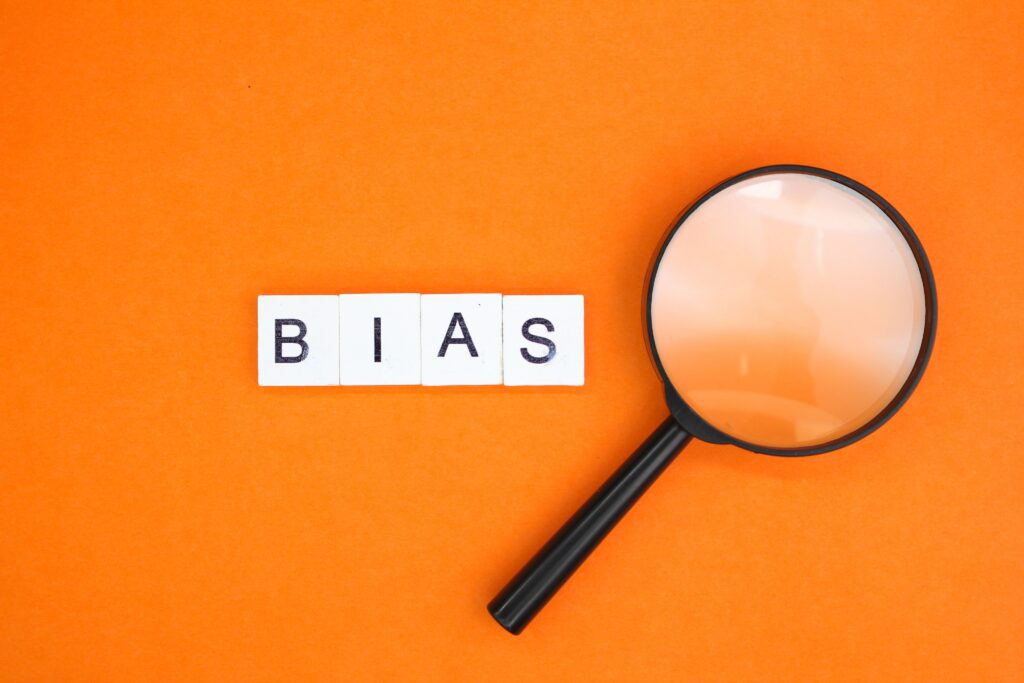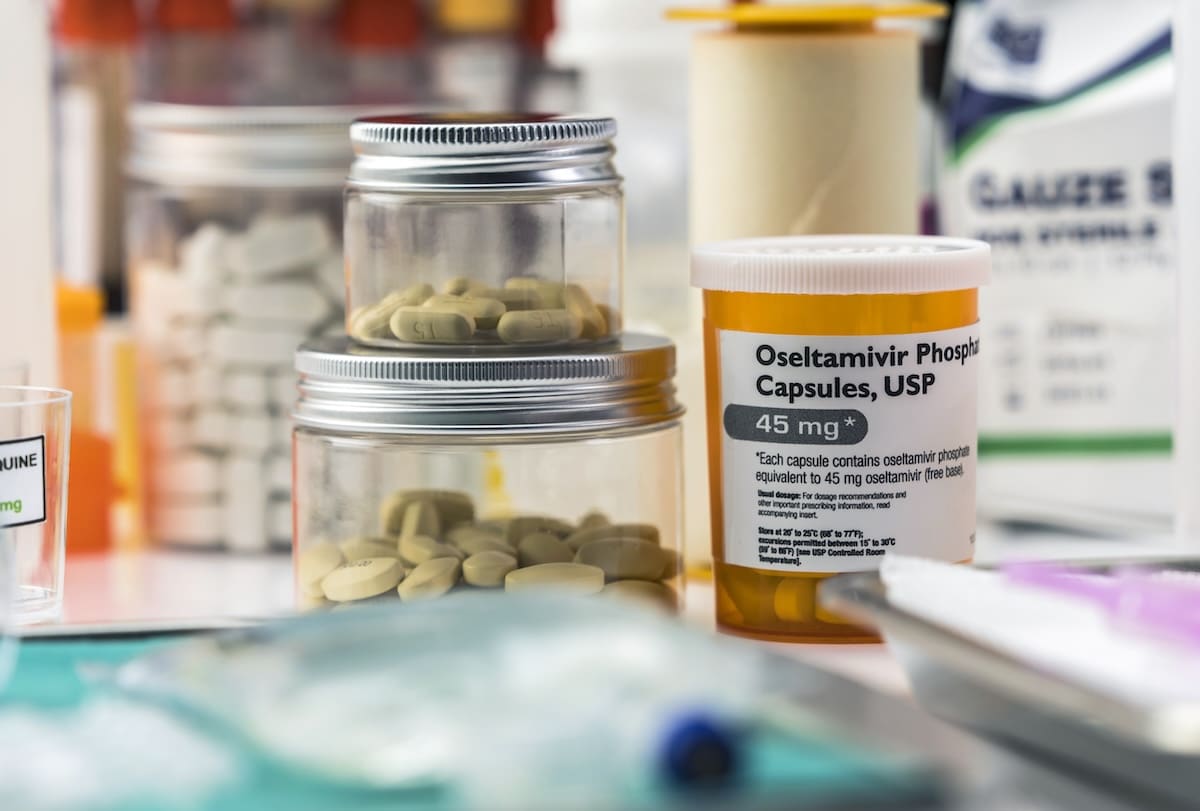Table of Contents
What is Cultural Competency?
I was once asked to define cultural competency and found myself unsure of how to articulate it. It wasn’t a lack of knowledge about the concept; rather, I struggled to find the right words. As an African American Muslim woman, I felt pressure to provide a precise definition. While there is no one way to define cultural competency, here is what I came up with: Cultural competency involves being aware of and respecting the cultural diversity that is present in our society, fostering understanding and effective communication with individuals from all backgrounds.
When viewed through the lens of healthcare, and particularly in the context of pharmacy, cultural competency extends beyond this definition. In the pharmacy space, cultural competency is the ability of pharmacy personnel to understand, respect, and meet the unique needs of patients from different cultures. This can manifest in various ways, including cultural awareness in patient interactions, cultural sensitivity in medication management, understanding health disparities, and more – topics we will delve into further in this discussion.
Understanding Diverse Populations
Before getting into what cultural competency looks like in the pharmacy setting, it’s important to first speak to the cultural diversity that exists within healthcare. Demographic shifts have required healthcare providers to adapt to the evolving needs of diverse populations. Providers must be able to deliver personalized care to patients from various backgrounds. Whether responding to the growing aging population or addressing health disparities that are prevalent in society, healthcare professionals must develop the skills to navigate interactions with patients from diverse cultures.
Cultural factors play a substantial role in influencing the health and well-being of individuals. There are many cultural beliefs that shape the decisions people make about their health. Healthcare professionals must respect these beliefs. Despite the potential barriers such as language differences, cultural misunderstandings, and health disparities, cultural sensitivity is vital to the optimal delivery of pharmacy services.
Benefits of Cultural Competency in Pharmaceutical Care
Cultural competence in the pharmacy results in many benefits, including enhanced relationships with patients. Respecting the cultural beliefs of patients and the health decisions they make accordingly fosters trust, establishing strong rapport between the pharmacist and the patient. This becomes especially crucial for patients who face communication challenges, such as those with language barriers. Overcoming language barriers by utilizing clear communication strategies, such as interpreters and translation materials, contributes to a better understanding between the pharmacist and the patient.
Increasing pharmacist awareness of cultural beliefs concerning medications is essential. When pharmacists understand potential cultural reasons behind a patient’s reluctance to adhere to their medications, it creates an opportunity for tailored interventions that respect patients’ beliefs. Personalized treatment plans which consider cultural preferences can significantly improve health outcomes.
Improving health outcomes across diverse populations is pivotal in a society where health disparities exist across various disease states. When I learned about racial disparities in healthcare during a diversity, equity, and inclusion elective in pharmacy school, it was eye-opening. One alarming statistic that struck me is the threefold higher pregnancy-related mortality rate among Black women compared to White women. While I was not oblivious to gaps in care, seeing them laid out in front of me brought them to my attention and allowed me to see the urgent need for change. Since then, I started thinking of ways to bridge the gaps in healthcare, including the implementation of cultural competency in the healthcare space. This approach ensures that individuals from diverse backgrounds receive equitable care, thus enhancing health outcomes.
Developing Cultural Competence in Pharmacy Practice
Among the various approaches to cultivating cultural competency in pharmacy practice, implementing cultural competence training for pharmacists and pharmacy technicians is an effective strategy. Regular training programs designed to educate pharmacy personnel about diverse cultures can increase sensitivity and awareness regarding diverse cultural beliefs. Continuing professional development is an obligation for all healthcare professionals and it is our responsibility to stay informed about cultural nuances to maintain and improve cultural competence.
Another method involves adapting communication styles to each individual patient and incorporating cultural sensitivity into all patient interactions. It is important to be mindful of different cultural preferences in communication, such as directness or indirectness, to best navigate interactions with patients. The inclusion of phrases that acknowledge the cultural customs or holidays of patients contributes to a more inclusive healthcare environment. This approach can build trust with healthcare providers and foster positive relationships with diverse patient populations.
Additionally, collaborating with multidisciplinary healthcare teams can significantly enhance cultural competency. Multidisciplinary teams bring together professionals with diverse backgrounds and expertise. Collaborating with a spectrum of healthcare professionals ensures a holistic approach to care, and considers various perspectives, thereby enhancing patient care. This collaborative approach is integral in address cultural barriers and ensuring that healthcare is delivered in an individualized manner to adequately meet the diverse needs of the patient population.
Call To Action
The importance of cultural competency in pharmacy care cannot be overstated as it plays a key role in fostering trust with patients, tailoring patient care to meet individual needs, and ultimately improving health outcomes. Recognizing the diverse backgrounds of patients and adapting to them is essential for providing inclusive and optimal care. It is the responsibility of pharmacists and pharmacy technicians to prioritize cultural competence in their daily practice, actively seeking opportunities for continuous learning and development.
Notably, there are a few states that have continuing education (CE) requirements for implicit bias training for pharmacists and pharmacy technicians. Currently, these states include Michigan, Illinois, and Maryland, with expectations for this list to grow. In the meantime, it remains the duty of all pharmacists, pharmacy technicians, and all healthcare providers to cultivate an environment where cultural competency is not merely a goal but a standard practice.
References:
- Centers for Disease Control and Prevention. (2024, January 8). Working together to reduce Black Maternal Mortality. Centers for Disease Control and Prevention. https://www.cdc.gov/healthequity/features/maternal-mortality/index.html
- DeAngelis, T. (2015, March 1). In search of cultural competence. Monitor on Psychology, 46(3). https://www.apa.org/monitor/2015/03/cultural-competence
- (n.d.). Pharmacist Continuing Education (CE) State Requirements. Retrieved from https://www.medscape.org/public/pharmcestaterequirements






